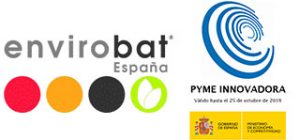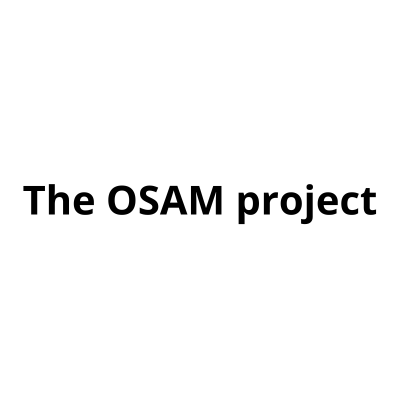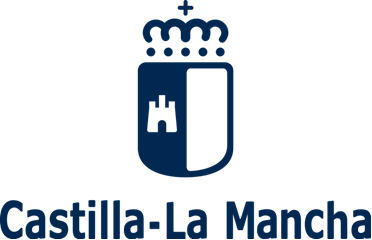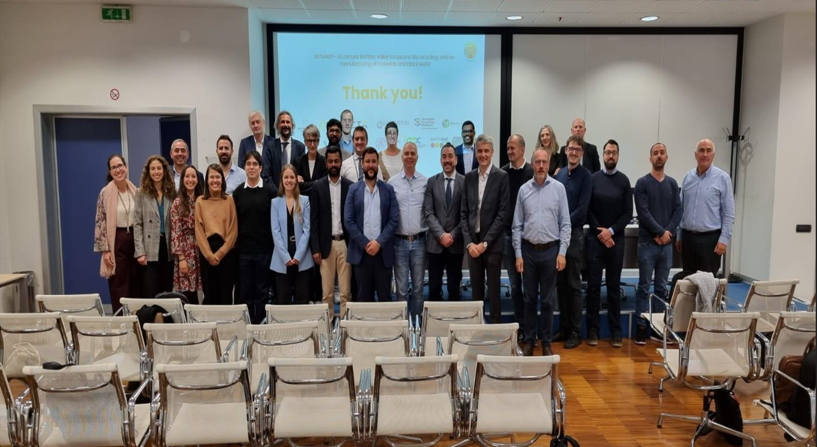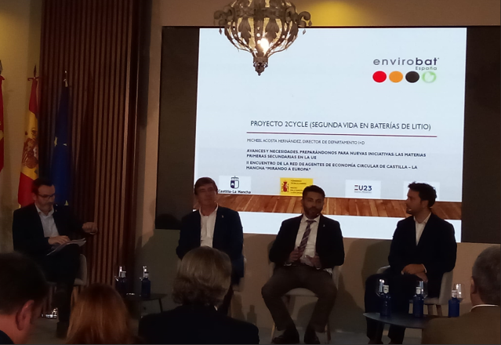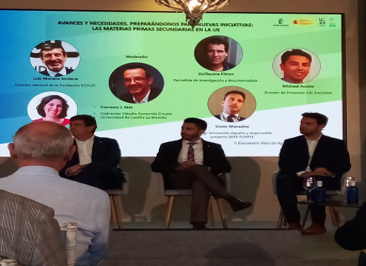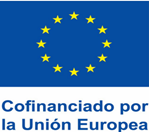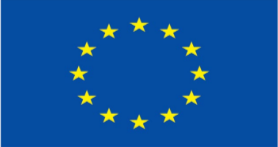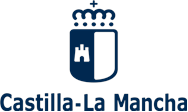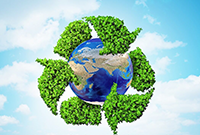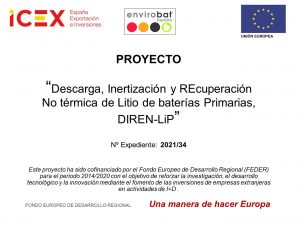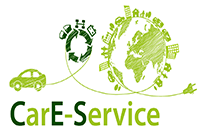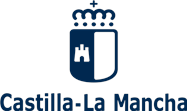The OSAM Project
The OSAM Project (Optimum Shredder Alkaline Machine) is a beneficiary of the grant call for promoting the circular economy in companies for the year 2022 by the Ministry for Ecological Transition and Demographic Challenge (MITECO) under the framework of the Recovery, Transformation, and Resilience Plan (PRTR) funded by the European Union – NextGenerationEU.
At Envirobat Spain, we are committed to a circular economy model that focuses on modernizing the Spanish economy, recovering economic growth, and building a solid, inclusive, and resilient reconstruction. Therefore, we are developing the OSAM Project (Optimum Shredder Alkaline Machine), which aims to improve the management of alkaline battery waste and the mechanical treatment process, obtaining high-quality by-products. These by-products will be used as secondary raw materials for recycling valorization processes in a circular economy and industrial symbiosis. The project has a duration of 15.5 months.
Envirobat emphasizes the need to contribute to transforming our production model through innovation and sustainability, aligning with the European Union’s circular economy action objectives. We will make the planned investment in improving the management of alkaline battery waste by implementing separate collections for preparation, reuse, and recycling of other waste. This will generate economic, environmental, and social value, contributing to a new scenario characterized by the consolidation of an innovative, sustainable, and competitive industrial fabric capable of growing within a circular economy framework. We aim to improve the current management of treatment and recycling processes for these waste materials, adopting an environmentally friendly approach that enhances process efficiency and optimization, increases collection volume, and improves treatment. We will obtain high-quality by-products that can serve as resources and secondary raw materials for other small and medium-sized enterprises in the industry.
The OSAM Project stems from the need to offer innovative solutions to minimize the negative effects of generating this waste, reducing the overall impact of its use. We aim to improve the efficiency of its use and promote a low-carbon circular economy model, following the principles of eco-industrialism and fostering industrial symbiosis for efficient functioning of the domestic market and long-term competitiveness of Spain.
Envirobat Spain celebrates that the OSAM Project has been approved in the Final Resolution of the Circular Economy Promotion Grants dated 15-12-2023, under the third category of grants for improving waste management, published by the Ministry for Ecological Transition and Demographic Challenge, General Directorate of Quality and Environmental Assessment. The granted aid represents a total intensity of 55% of the proposed project investment, stimulating the promotion of a national strategy for industrial ecology. This concept is based on the rational management of raw materials and waste in neighboring industries within the same territory, creating a true industrial ecosystem in the region, where each industry benefits from the waste of others.
Envirobat’s goal is to achieve greater sustainability and promote an environment-friendly economy, moving towards a more circular economy that generates benefits such as reducing pressure on the environment, stimulating competitiveness, innovation, and economic growth.

